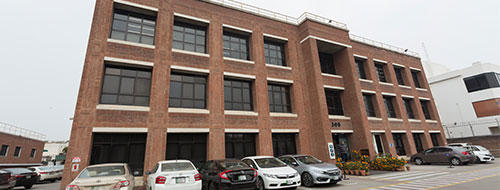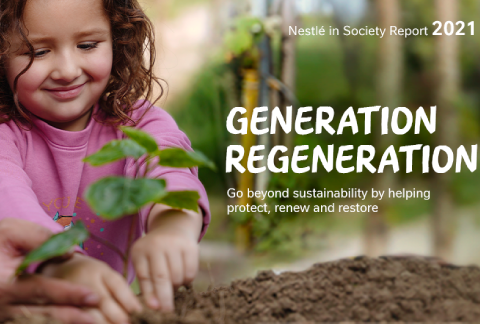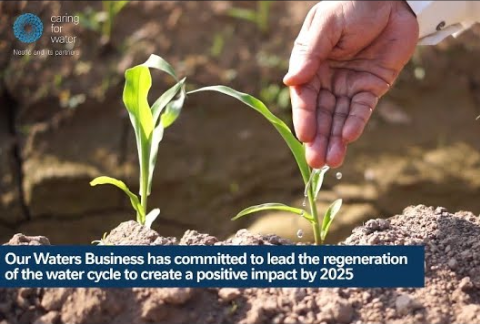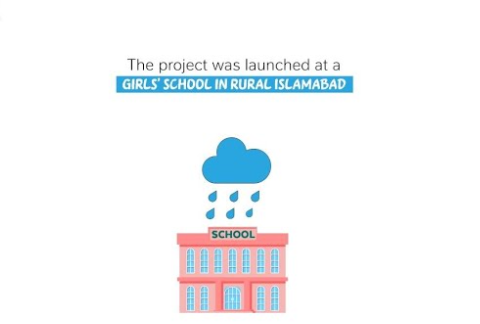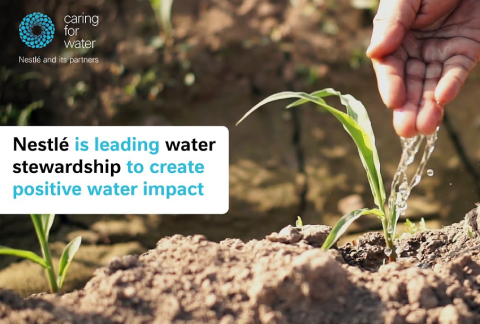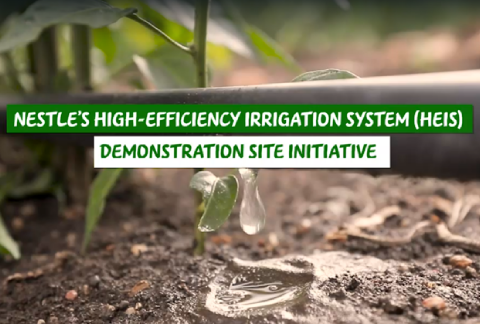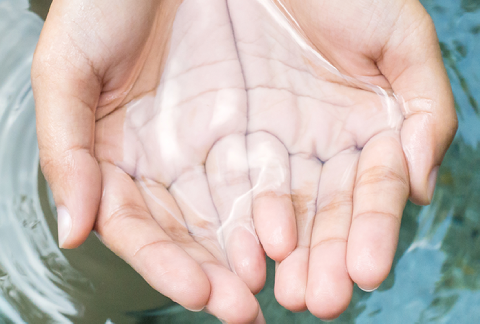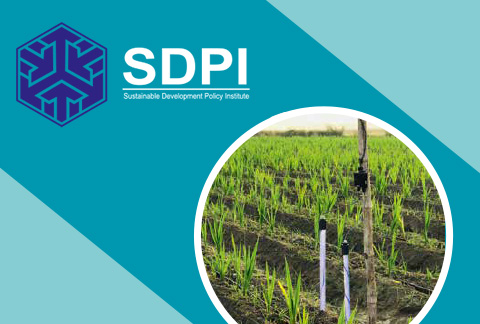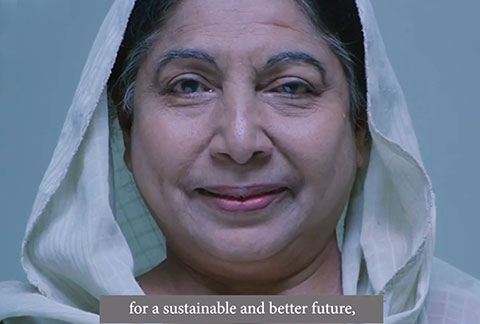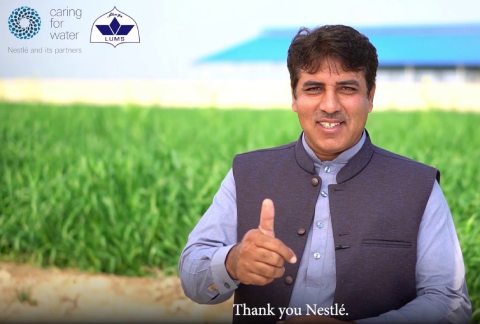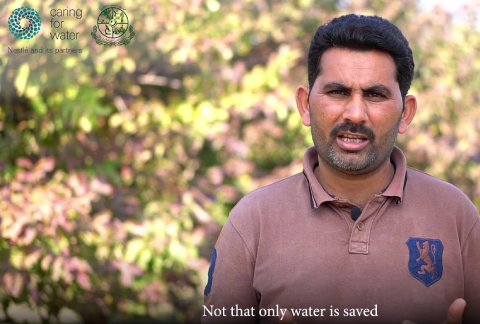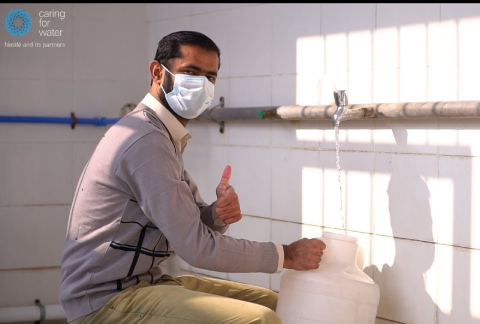Managing water through Caring for Water - Pakistan

Helping to protect the quality of natural waters and stewarding water resources is deeply connected to regeneration. We do this under our flagship Caring for Water - Pakistan (C4W-Pakistan) initiative.
We rely on water throughout our agricultural supply chains and operations and recognize our role in helping to ensure access to sufficient clean water. This is why our C4W-Pakistan initiative is built on three pillars that Agriculture, Factories and Communities. We continue to reduce withdrawals in our factories, help farmers to introduce sustainable practices, and help enable access to safe water and sanitation in communities near our operations.

Our Waters Business will advance the regeneration of the water cycle to help create a positive water impact everywhere it operates by 2025.
-
What is water cycle regeneration and positive water impact? Regeneration of water cycle involves many different methods of helping nature capture more water throughout individual watersheds. It is based on implementing locally relevant nature-based solutions.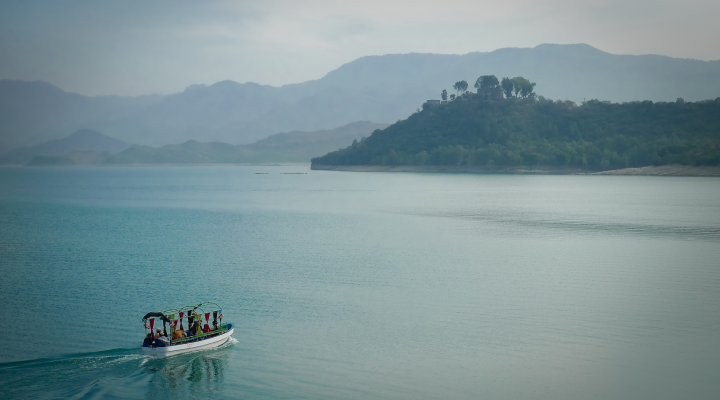
-
What is positive water impact? A positive water impact means that we will make more water available within the watershed than we use annually.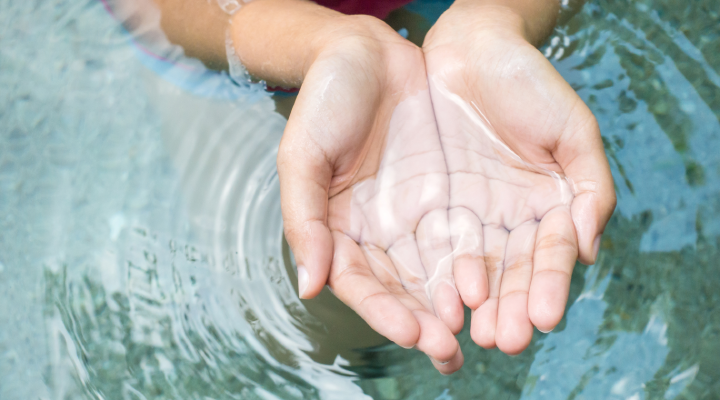
Our Waters Business will advance the regeneration of the water cycle to help create a positive water impact everywhere it operates by 2025.
Even though our regeneration commitment is new, it builds on our existing water stewardship efforts under the umbrella of Caring for Water-Pakistan (C4W-Pakistan) initiative launched in 2017. It is a blueprint for gauging collective action and bringing different partners together to discuss and find solutions for the existing water challenges faced by the country. We have undertaken a number of activities under three overarching pillars of C4W-Paksitan initiative; Factories, Communities and Agriculture.
FACTORIES |
Alliance for Water Stewardship Standard
We have implemented the Alliance for Water Stewardship (AWS) Standard across all our sites in Sheikhupura, Islamabad, Kabirwala and Port Qasim. AWS is an international standard for freshwater resources that guides organizations to manage water by taking site and catchment initiatives through stakeholder inclusive processes.
In-house Efficiencies
Our program to improve efficiencies, recycle and reuse water has enabled us to reduce water consumption per ton of product by 14.05% from 2015 versus 2021. Nestlé Pakistan also treats the wastewater resulting from our industrial processes, and only discharges treated water that meets the standards set by the environment authorities.
WASH Pledge
Nestlé Pakistan has committed to undertaking the WASH (Water, Sanitation and Hygiene) Pledge as part of which companies commit to implementing access to safe water, sanitation and hygiene at the workplace at an appropriate level of standard for all employees in all premises under their control. All of our four factories and other sites meet the WASH Pledge requirements, covering more than 3,000 employees.
AGRICULTURE |
Drip Irrigation
Nestlé Pakistan has partnered with the Agriculture Department, Government of Punjab, Pakistan Agricultural Research Council, University of Veterinary and Animal Sciences and Mango Research Institute to establish sites that showcase the best farm practices and innovative irrigation techniques. These sites demonstrate optimal water usage with improved yield. These sites also serve as training sites for farmers and researchers across Pakistan. Until 2021, we have applied drip irrigation on 198 acres with an estimated water saving up to 207,465 m3.
Smart Soil Moisture Sensors
Our team has developed smart soil moisture sensors that read the moisture level of the soil and send regular data updates to a cloud from where the farmer receives information about which areas they should irrigate and how much. Moreover, a software has been developed with the help of the Center for Water Informatics and Technology (WIT), LUMS and Waziup (an organization based in Italy) that enables the farmers and researchers to see the soil moisture level remotely on their computer screens. By 2021, we have saved estimated 161,033 m3 of water by installing sensors on 455 acres.
COMMUNITIES |
Safe and Clean Drinking Water Facilities
Water is a source of many diseases including diarrhea, typhoid, intestinal worms and hepatitis. According to WaterAid, 21.7 million people in Pakistan live without access to clean drinking water. We have established 6 Safe and Clean Drinking Water Facilities around our areas of operation. These facilities provide access to clean and safe water to more than 60,000 people every day.
Water Education
We educate teachers about the optimal usage of water by conducting training sessions with our partner institutions nationwide. The sessions are carried out through our Nestlé for Healthier Kids (N4HK) Program to educate participants about the importance and responsible use of water. In 2021, we have reached out to 35,000 children & 200 teachers.
Our Partners
Our contribution to the UN SDGs
Our work on caring for water - Pakistan contributes to the following SDGs:
 |

